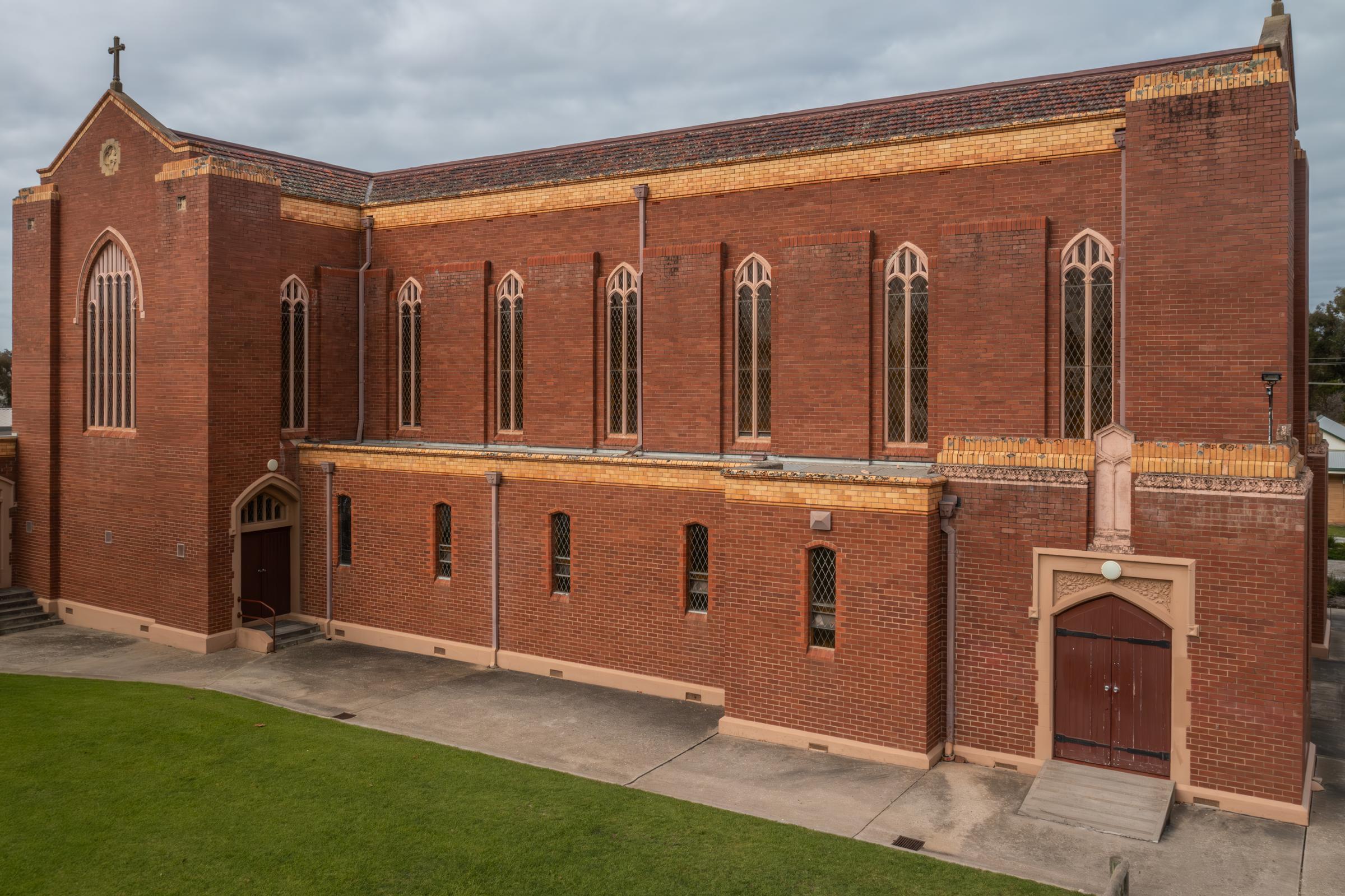Director of Faith and Mission
Mrs Rochelle Gough

Director of Faith and Mission
Mrs Rochelle Gough




Welcome back to the new school year.
As the busyness of daily life continues, there comes a time when the Catholic community pauses to start on a journey of reflection, repentance, and spiritual renewal. This sacred period, marked by Ash Wednesday and spanning the season of Lent, holds deep significance within the Catholic Church, offering a time for introspection and growth.
Ash Wednesday (14th February) serves as the gateway into the Lenten season. On this day, Catholics around the world gather to receive ashes on their foreheads, a symbol of humility and repentance. This ancient ritual reminds us of our human frailty and the need for humility before the divine. As the priest utters the words, "Remember that you are dust, and to dust you shall return," we are called to contemplate our life and the importance of living with purpose and righteousness. The ashes themselves hold profound symbolism. The ashes come from the palms blessed on Palm Sunday of the previous year, they represent both death and rebirth. The act of receiving ashes signifies our willingness to embark on a journey of spiritual renewal, acknowledging our faults and seeking forgiveness. It is a humbling experience that unites us in our shared humanity and our shared need for redemption.
Following Ash Wednesday, the Catholic Church enters the season of Lent—a period of forty days mirroring Jesus' forty days of fasting in the desert. Lent is a time of prayer, fasting, and almsgiving, inviting Catholics to deepen their relationship with God and grow in holiness. It is a season of self-examination, where we confront our shortcomings and strive for personal transformation.
Fasting during Lent is not merely about abstaining from food; it is a spiritual discipline that fosters self-discipline and detachment from worldly distractions. By denying ourselves certain comforts, we open our hearts to the promptings of the Holy Spirit and cultivate a spirit of solidarity with those who suffer. Through fasting, we learn to rely more fully on God's grace and recognize the abundance of blessings that surround us.
Prayer is another important part of the Lenten journey. Through prayer, we draw closer to God, seeking guidance, strength, and forgiveness. Whether through traditional prayers, meditation, or contemplative practices, Lent invites us to deepen our spiritual lives. It is a time to quieten the noise of the world and listen attentively to the voice of the Divine.
Almsgiving, the third pillar of Lent, calls us to share our blessings with those in need. By giving of ourselves—whether through acts of charity, generosity, or service—we emulate the selflessness of Christ and express our love for our neighbors. Almsgiving reminds us of our interconnectedness and our responsibility to care for the marginalized and vulnerable members of society. Caritas fundraising over Lent allows us to think of others before ourselves. (Caritas boxes will be sent home to all families in the coming week)
As we journey through Lent, we are reminded of the ultimate sacrifice made by Jesus Christ for the redemption of humanity. His passion, death, and resurrection are the focal point of our faith, and Lent provides an opportunity to enter more deeply into the mystery of Christ's love. Through prayer, fasting, and almsgiving, we participate in Christ's mystery and prepare our hearts to celebrate the joy of Easter—the triumph of life over death.
In conclusion, Ash Wednesday and Lent hold profound significance within the Catholic Church, inviting believers to embark on a journey of spiritual renewal and transformation. Through the rituals of ashes, fasting, prayer, and almsgiving, we confront our weaknesses, deepen our relationship with God, and embrace the promise of redemption. As we journey through this sacred season, may we open our hearts to the grace of God and emerge renewed in faith, hope, and love.
Mrs Rochelle Gough
rochelle.gough@smseymour.catholic.edu.au